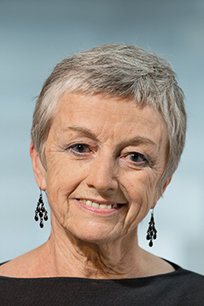Globalization and (dis)order
Today we find ourselves at a crossroads—the future is upon us, and we will never return to a pre-globalization economy. As Germans and Americans we must seize the opportunity to shape globalization based on our values and our ideas.
President Barack Obama and Chancellor Angela Merkel
November 17, 2016
Where do we go from here?
The period of global integration is different from earlier periods of global interaction.
- culture
- politics
- environment
- conflict
- disease
Yet, perhaps we should question how integrated we really are and whether this period of globalization has created greater understanding.
- Racial, ethnic, gender and religious discrimination is a robust component of politics in many areas and countries of the world.
- The gap between the wealthy and the poor has widened significantly
- The Internet has lower usage rates outside of the global north.
- Although we have greater scientific collaboration on issues impacting the environment such as climate change, there still exists a loud chorus of climate deniers.
What drives globalization?
- Capitalism?
- Political leaders ?
- Technology?
There is no clear answer. However, in contrast to these powerful actors, activists who work for fairer labor conditions, more democratic policies and fairer distribution of economic and environmental benefits should also be considered.
SO back to the beginning!
There is nothing inevitable about the form of globalization that has been touted by the individuals such as Thomas Friedman. Hopefully through this course, you've discovered a phenomena far more unwieldy.
- processes of globalization do not proceed through blank space.
- Instead of one globalization, perhaps we should think in terms of globalizations.
- Focus on one globalization obscures the ways that ordinary individuals, political actors and corporations are actively attempting to shape global processes.
